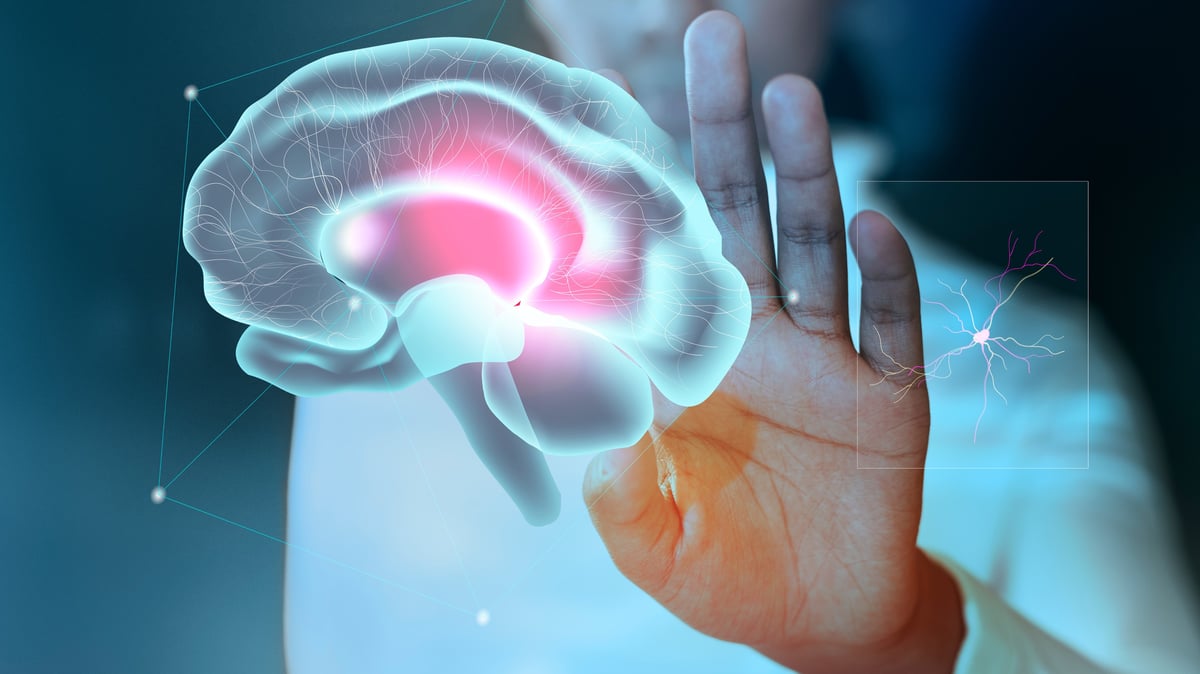The human journey is fraught with trials and tribulations that often leave us feeling emotionally depleted. These negative sentiments can persist, making us feel extremely emotional, weak, or even unworthy. It is critical, therefore, to learn how to manage this emotional load to reclaim your mental well-being. Recognizing and owning up to these feelings allows us to share these burdensome experiences with a confidant, which in turn helps process and deal with them better.
Exercise can also provide a powerful tool to dissolve this emotional baggage. The human body is designed for movement, and regular physical activity helps drive away the stagnating feelings of despair, disappointment, and pain, replacing them with creativity, joy, satisfaction, confidence, and productivity. Simply put, feeling physically fit and agile can rejuvenate your mind and resuscitate your emotional well-being.
Physical activity not only influences your mood but also shapes your mind. It reinforces the regions of your brain that govern memory, thinking, and language, thereby enhancing your intellectual abilities, reflexes, and responses. It fosters wisdom, foresight, and intuition while dissolving stress and anchoring you in the present moment.
Research widely attests to the transformative impacts of exercises, yoga, and meditation on the human brain, advocating them as effective means to improve mental health. For instance, practices like yoga have been found to increase Gamma-aminobutyric acid (GABA) levels in the brain, a neurochemical instrumental in controlling nerve activity. An upsurge in GABA concentrations brings about noticeable improvements in mood.
Several exercises can augment brain function. Yoga, for example, is a comprehensive practice entailing physical postures, breathing exercises, and meditation, bolstering flexibility, strength, and balance. Regular yoga practitioners report notable enhancements in concentration, memory, and cognitive function, making it a potent stress reducer.
Tai Chi, a martial art known for its slow, deliberate movements and deep breathing techniques, is another method reported to improve both physical strength and mental agility. This refining of mental agility is achieved through improved focus, coordination, and mindfulness, cultivated during practice.
Dance is another enjoyable method to enhance fitness and mental sharpness. It necessitates coordination, rhythm, and memory, thus challenging and exercising your brain. Numerous dance styles contribute differently to your physical and cognitive gains.
Besides these, brain training games like Sudoku, crossword puzzles, and chess offer an excellent means to boost mental agility. These games train your brain, improve problem-solving abilities, and enhance memory. Aerobic exercises such as brisk walking can also prove beneficial in stimulating blood flow to the brain, promoting mental clarity and endowing your cognitive function.
In conclusion, regular incorporation of these exercises into your daily routine can yield significant improvements in your mental and physical health. Whether you gravitate towards the tranquillity of yoga or the vitality of brisk walking, there is an exercise to cater to everyone’s preference. Remember, though, to begin slowly, attentively listen to your body’s reactions, and supplement your exercise regimen with a balanced diet and adequate sleep to achieve optimal results.
Exercises bring rhythm into life, and rhythm leads to harmony, which can instill an unparalleled sense of calm and peace in the tumultuous mindscape. Therefore, maintaining physical fitness is not just about having a healthy body, but also about nurturing a healthy mind. Stay fit, stay healthy, and keep smiling.




